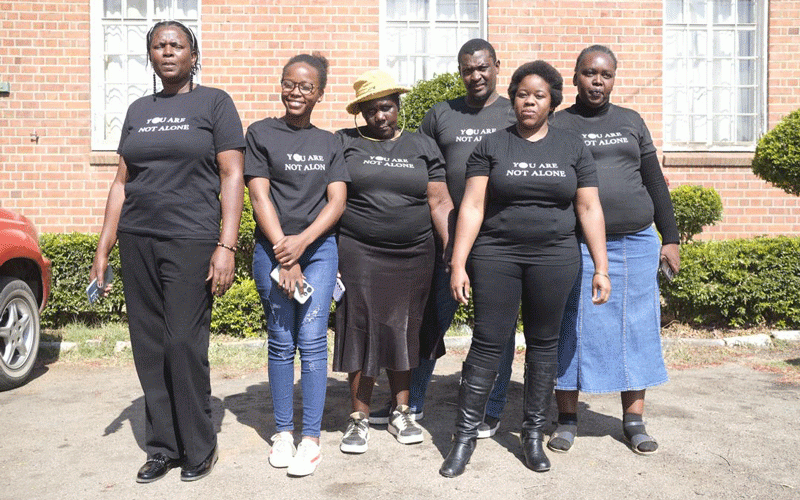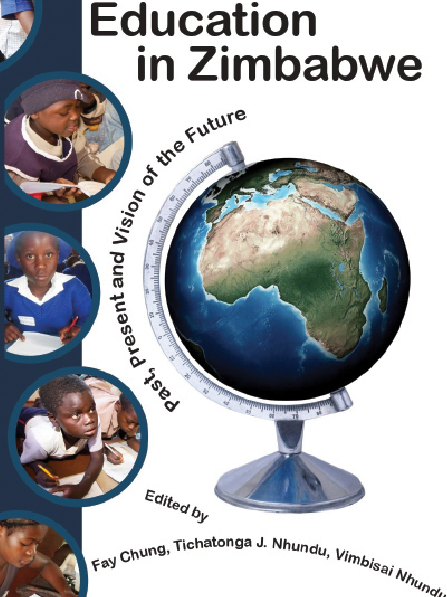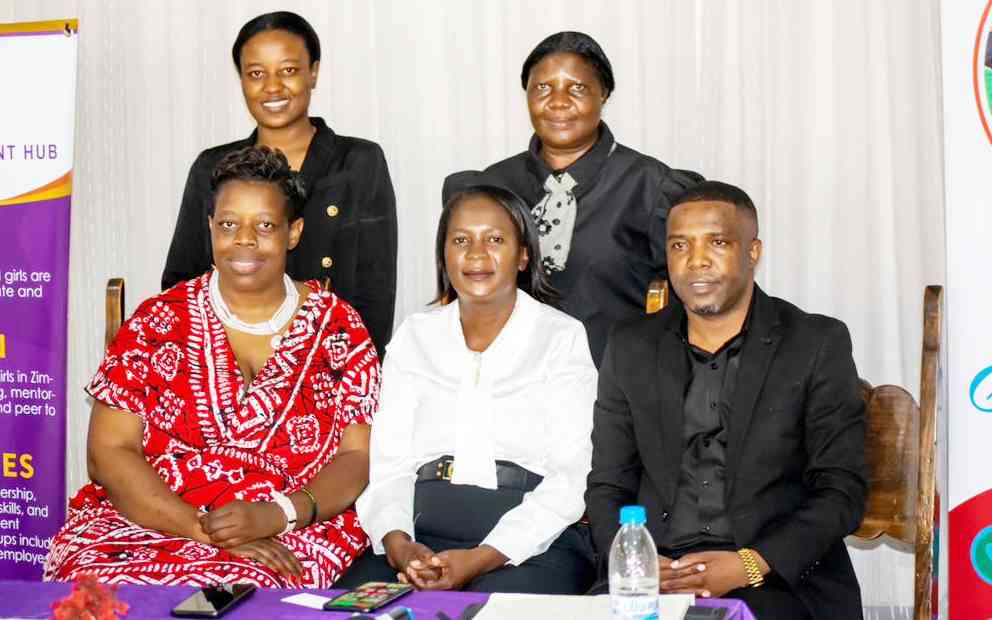
In a world where silence often masks suffering, especially among men, Melissa Marufu stands as a bold voice of healing and disruption.
As the founder of the Jathaniel Foundation, a grassroots organization based in Zimbabwe, she has carved out emotional sanctuaries for the often forgotten, misunderstood, or overlooked chief among them, men who are battling invisible wounds.
Her foundation’s motto, Healing hearts, holding hands, is more than poetic sentiment; it is a lived philosophy that guides a growing movement centred around empathy, vulnerability, and emotional restoration.
The Jathaniel Foundation was birthed out of Marufu’s lived experience as a survivor, mother, and emotional wellness coach.
It exists at the intersection of advocacy, therapy, and community empowerment.
While the foundation offers critical support to a broad base survivors of abuse, single-parent families, youth in crisis—
Marufu has intentionally turned her gaze to an urgent and often neglected issue: The mental health of men in African societies.
Her deep concern stems from the stark reality that too many men are dying emotionally long before they die physically, trapped by cultural expectations that demand silence, strength, and stoicism at the expense of mental well-being.
- PR & communications: 2022: The era of performance communications
- Fashion designer achieves her dream
- Edutainment: For Tsungie, a picture tells a story
- The right influencer for your brand!
Keep Reading
Her flagship initiative, the You Are Not Alone movement, now in its fifth year, directly confronts the toxic silence that has cost so many men their peace, relationships, and in tragic cases, their lives.
The campaign encourages open conversations around depression, anxiety, fatherhood, failure, and emotional trauma all topics men are often discouraged from expressing.
By creating accessible, stigma-free platforms for dialogue, the initiative affirms that vulnerability is not weakness, but strength in its highest form.
Whether through WhatsApp group therapy check-ins, barbershop-style safe-space conversations, or storytelling sessions in schools and community halls, Marufu is facilitating healing in spaces where silence once reigned.
Her approach is as practical as it is heartfelt.
Recognising that formal therapy is out of reach for many, especially men in low-income areas, she has designed affordable wellness sessions, virtual support check-ins, and creative healing workshops that meet people where they are on their phones, in their communities, and within their own cultural context.
Importantly, these are not cookie-cutter interventions.
They are informed by the lived realities of Zimbabwean men, shaped by language, identity, social pressure, and economic stress. Melissa’s work validates their pain without judgement and offers them tangible tools to cope and grow.
Social media is one of her most effective tools not as a branding mechanism, but as a healing microphone.
On Instagram and Facebook, she uses visuals, poetry, and real stories to break the cycle of isolation.
Each post is curated not for popularity, but to save a life, soothe a soul, or invite someone to begin their healing journey.
Her online spaces have become digital sanctuaries for men who may never speak aloud but silently absorb the truth that they matter, they are seen, and they are not alone.
Melissa’s impact extends into literary advocacy, with her debut book, Unstoppable: Rising Above Life’s Storms, chronicling her personal journey from emotional brokenness to restoration.
The book resonates with both men and women, but its core message that pain does not define you strikes a particularly deep chord with men who have long internalized shame and emotional paralysis.
Upcoming titles like Calming the Storm: A Guide to Managing Stress & Anxiety and 5 Things to Do When You Feel Like Giving Up are being crafted as accessible, culturally sensitive mental health tools—part self-help, part lifeline.
Through the Jathaniel Foundation, Melissa Marufu is not just addressing mental health; she is challenging a legacy of emotional repression and patriarchal norms.
Her work calls into question generational beliefs that equate manhood with emotional detachment. Instead, she offers a new vision one where men cry, speak, heal, and thrive.
In an age where mental health is being recognised globally, Marufu reminds us that progress is incomplete if men are left behind in silence.
She is building a movement where no man, no father, no boy feels the need to suffer alone, and where healing is not just possible it is expected, encouraged, and celebrated.











